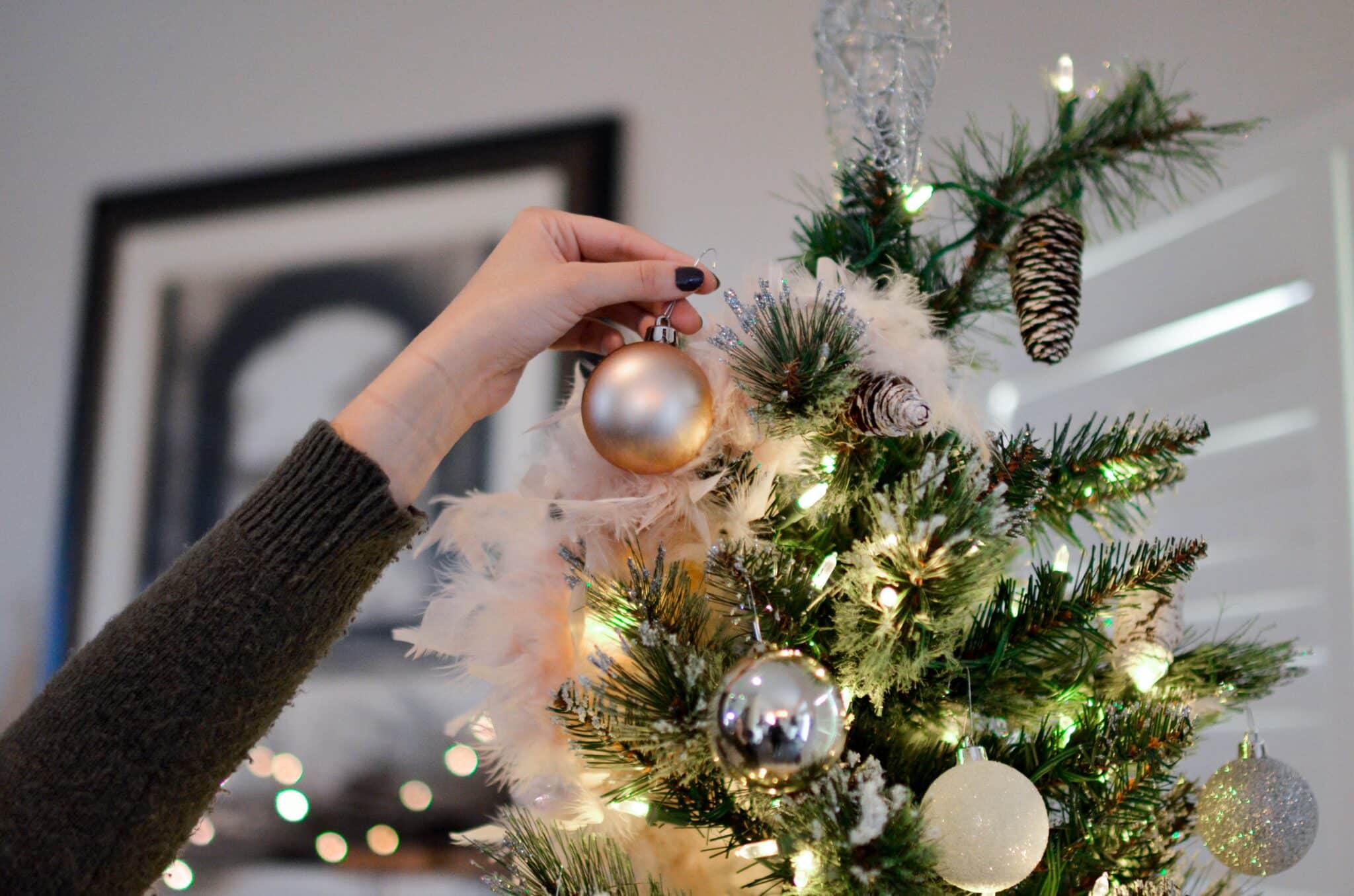While putting up the Christmas tree brings about feelings of joy and merriment for many, you might find yourself experiencing sneezing fits, itching and nasal congestion instead. If this sounds familiar, you may be allergic to your Christmas tree.
Is it Normal To Be Allergic to Your Christmas Tree?

Research examining the prevalence of allergic symptoms caused by exposure to Christmas trees (conifers) looked at 1657 allergic patients and found that 7% experienced allergies to conifers. Symptoms usually develop within 24 hours of exposure. However, some did not have a reaction until several days later. Symptoms included sneezing, wheezing and skin rashes.
What Causes Christmas Tree Allergies
You might think that allergies from Christmas trees are due to pollen. However, that is not the case. Pine trees produce their pollen in the springtime, so if your allergy is due to pine pollen, you’re much more likely to experience symptoms during that time of the year. By the time winter rolls around, and you’re visiting Clawson’s Christmas Trees, they are making very little pollen.
Instead, Christmas tree allergies are usually caused by the following:
- Mold. Live trees can be home to microscopic mold spores that trigger allergy symptoms in some people. Mold also thrives in warm, humid environments. Since most people keep their homes warm and cozy in the wintertime, it makes for a perfect environment for mold to wreak havoc on your allergies.
- Fragrance. Though many love the smell of Christmas trees, the cause of the smell can be an irritant to some. The scent comes from terpene, which is in the sap of trees. People who react to terpene can experience irritation in their eyes, skin and nose. It can also worsen asthma in people who suffer from the condition.
Are Fake Trees a Safer Alternative?
You might assume that fake trees would be a good allergen-free alternative, but that’s not always the case, as certain allergens can be found on them as well, including:
- Dust
- Mold
- Pests like cockroaches and mice (allergies can be exacerbated by exposure to their droppings)
Treating Your Allergies
Regardless of what your triggers are, you don’t want your holidays marred by pesky allergy symptoms. If you’re struggling, consider making an appointment with an allergist. They can help identify your specific triggers via allergy testing and suggest possible treatment options, including medications or immunotherapy.
For more information or to schedule an appointment with a specialist, call Charleston ENT & Allergy today.
